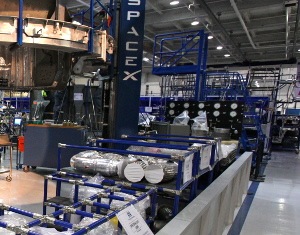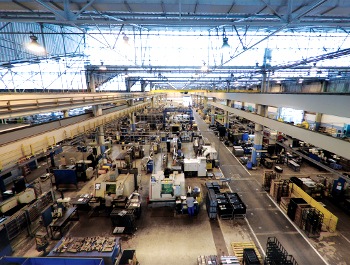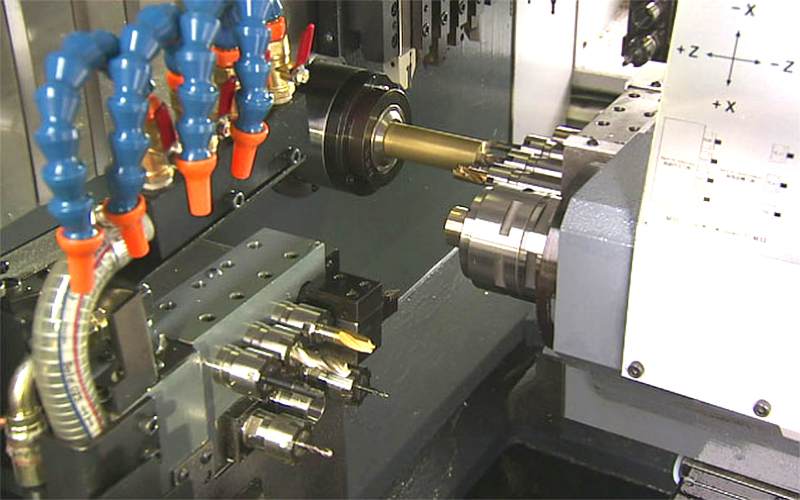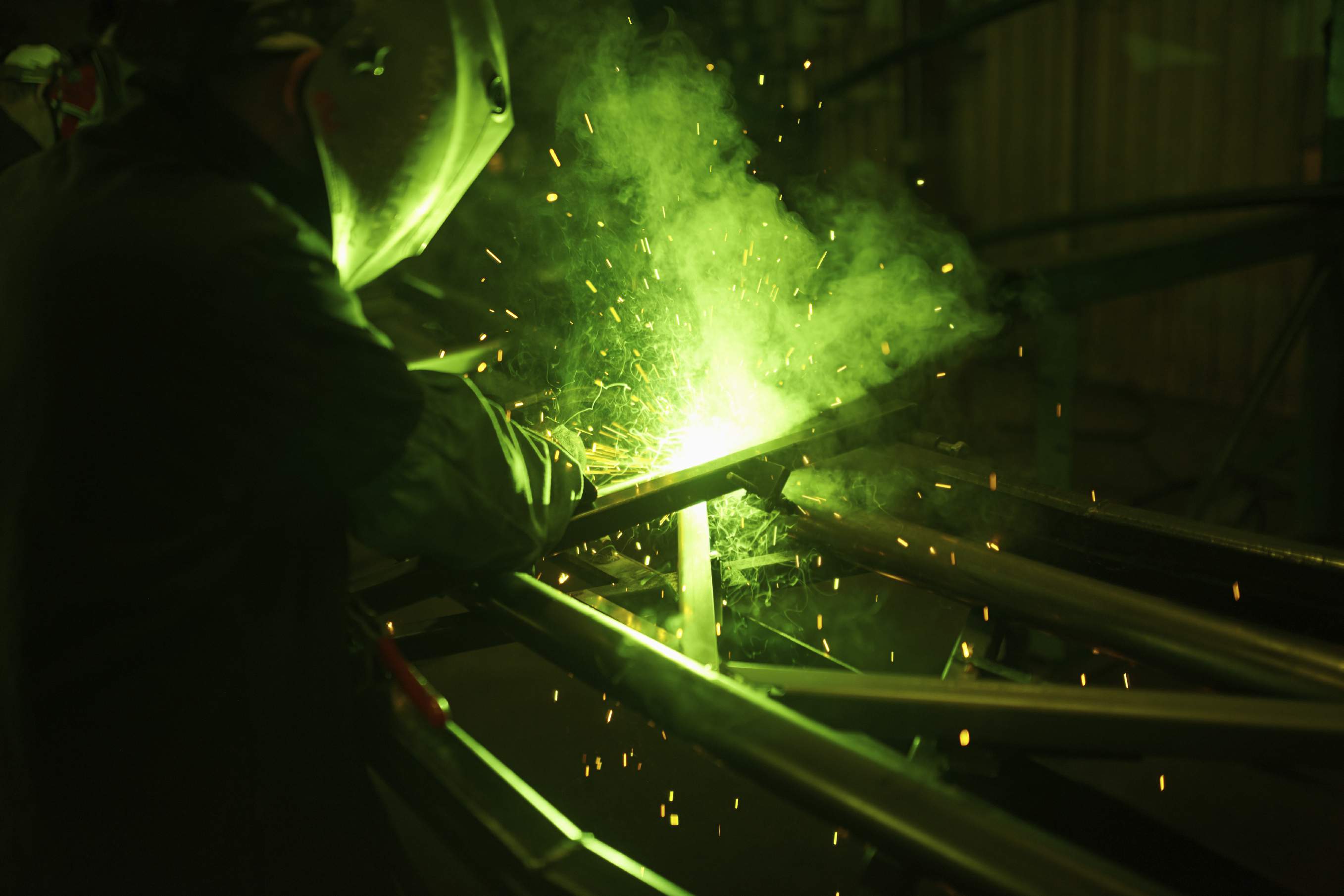21st Century Contract Manufacturing Services in Pittsburgh
Over the past century, there have been a variety of developments in Contract Manufacturing, including changes in computers, worker training, efficiency, regulations, and the size of the machining equipment.
However, one of the most important and often overlooked developments in 21st century Machine Shops has been the use of data to drive change and innovation in factories.
The rise of big-data has had widespread impacts on the sector as a whole, as well as the employees who work within the field. As you will see, Centrx has made extensive use of big data to make major improvements in our machine shop services.
How is Data Used?
LNS Research, one of the largest industrial research firms in the United States, describes the use of big data in manufacturing as follows:
“Big Data Analytics is about using a common data model to combine structured business system data like inventory transactions and financial transactions with structured operational system data like alarms, process parameters, and quality events, with unstructured internal and external data like customer, supplier, Web, and machine data to uncover new insights through advanced analytical tools”.


This provides us with a comprehensive answer, but what does it mean? The introduction of data analysis means that companies like Centrx can produce higher-quality, more reliable products at lower costs and a reduced environmental impact. We will look at each of these results in detail.
Quality & Reliability
The use of 21st century manufacturing techniques like big data in our processes means that we can produce higher quality products at lower costs.
Lower Costs
Big data is the single most effective way to find waste and inefficiencies. Waste can take on many forms: wasted materials, excess energy consumption, under-utilized or over-used man hours, and wait times in the process. By analyzing big data, we can reduce waste and excess costs, savings which are passed on to you, the consumer.
Environmental Impact
Every instance of waste and inefficiency in the process leads to an environmental impact. Excess chemicals are sent back into the earth, wasted materials cause more raw materials to be extracted from the earth.
And unnecessary energy consumption leads to more fossil fuel pollution and CO2 released into the atmosphere. By utilizing big data in our production lines, we are able to nearly eliminate all waste and do more to help our environment.




